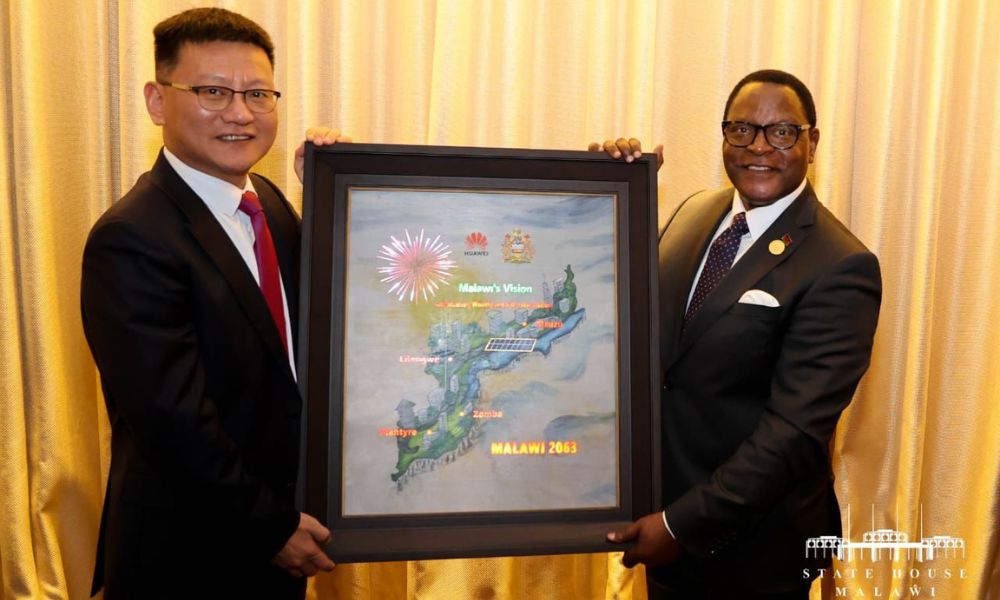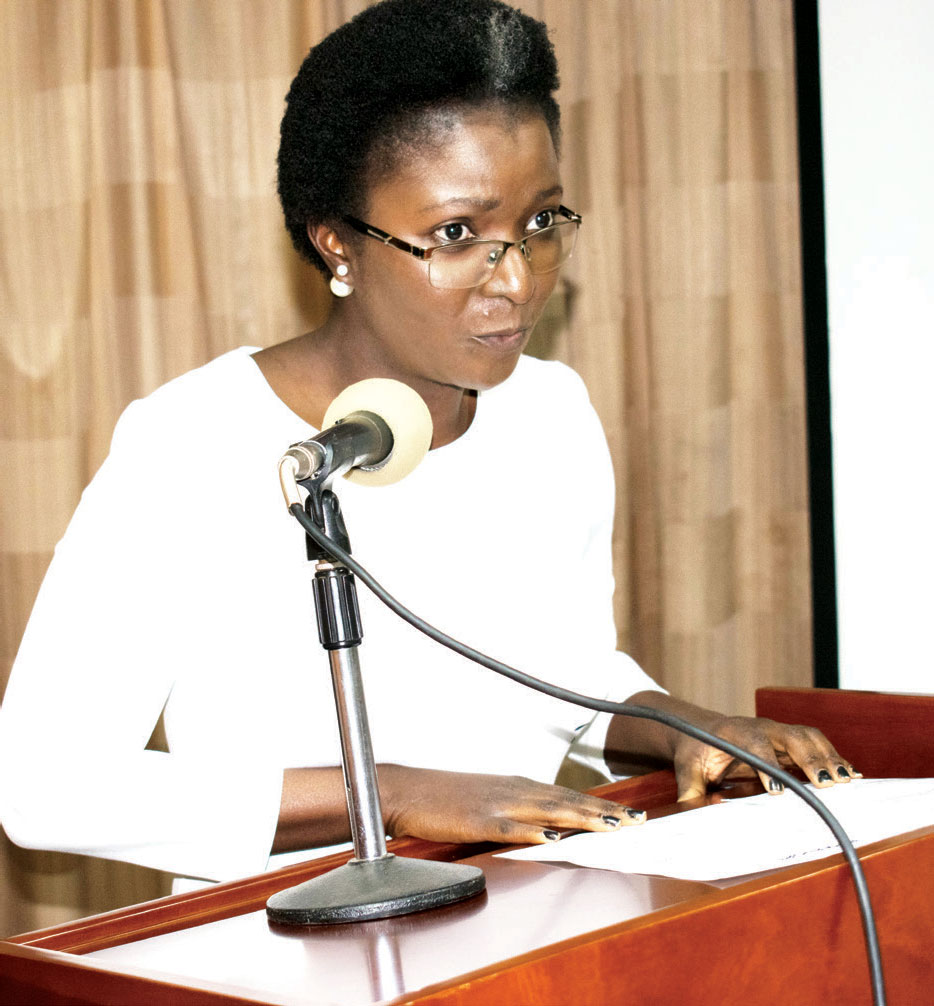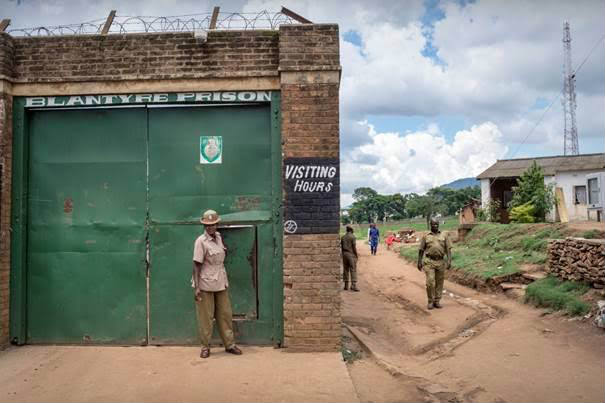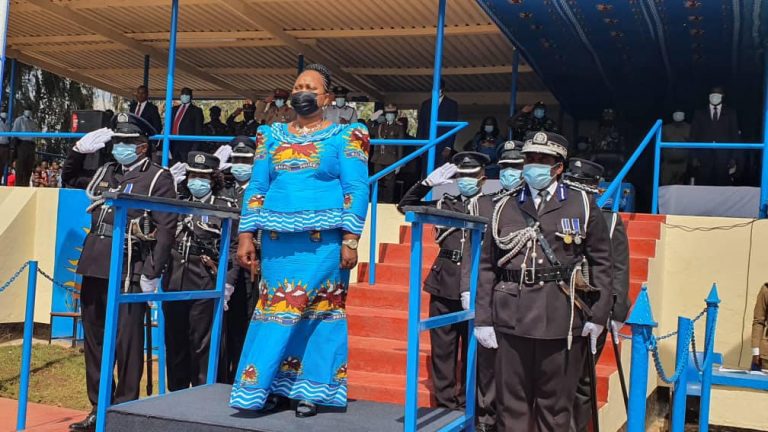A PIJ investigation previously raised question marks over the decision to award a contract to an alleged Chinese firm which was already implementing a similar project funded by Chinese government loans. Fresh evidence suggests that even within the government, question marks and eyebrows were raised. BY JULIUS MBEŴE The awarding of a 13 billion kwacha (USD 8 million) contract to a Chinese firm, Huawei, to implement a fibre optic project, while the same firm is implementing two projects funded by two multibillion Chinese government loans, drew suspicions in the corridors of government, freshly sourced documents by the Platform for Investigative Journalism (PIJ) shows. PIJ's previous reporting on the matter in December last year questioned the government’s intentions on the deal. The deal, championed by the Ministry of Information and Digitalisation, seeks to purportedly conduct extra work that was not completed when the government rolled out the fibre backbone project supported by the two loans from China Exim Bank, totalling a whopping $121.8 million (approximately 209 billion kwacha). Evidence now suggests that, beyond the questions raised by the PIJ, senior government lawyers, including the Attorney General (AG), Thabo Chakaka-Nyirenda, also raised queries on the deal, describing it as a potential financial trap laced with fraud risks, duplicated payments, and poor debt management. AG did not comment on the matter when approached, saying he does not comment on legal opinions shared with government agencies and departments, but government sources familiar with the matter confided to PIJ on the development. PIJ’s previous investigation raised several red flags in the deal. Firstly, the previous two contracts were all sanctioned by parliament, and the second loan was actually secured to complete works uncompleted during the first phase of the project. Additionally, the contracts for the two phases of the project were granted to Huawei in China and followed normal procurement processes. In the new deal, on the other hand, the government did not follow any procurement procedures and single-handedly identified a Blantyre-based firm, not the Chinese firm that implemented the first two phases, to implement the additional works, drawing questions on the rationality and legality of the contracts. The contract, too, was pegged to the kwacha, suggesting the money was bound to be paid to a company in Malawi. Among others, officials queried why the banking details for the new contract were different from the previous contracts. Among others, officials, while cautioning officials to move with “extreme caution” on the deal, could proceed, warned that the single sourcing deal had potential for multiple fraudulent activities, including duplicated payments and double dipping. “There is a risk of duplicated payments and double-dipping,” documents show. The officials also warned that the Blantyre-based Huawei Technologies Blantyre Co., Ltd was a legitimate representative of the Huawei Technologies Co., Ltd of China. “You should satisfy yourself that the addendum is dated by Huawei Technologies Co., Ltd (China). The new deal, however, is with a Blantyre-based company bearing a similar name—Huawei Technologies Blantyre Co. Ltd.” They added: “The change to the banking details would be superfluous,” reads the correspondence, suggesting that the Chinese company had already been paid directly by Exim Bank of China, which financed the original deal. The government’s move to alter the payment account, without verifying the legal authority of the new company, opens the door to what the AG calls ‘authorised push payment fraud’—a growing threat in procurement globally where payments are redirected to the wrong account, often through impersonation or deception. According to officials, this is not the first time fibre investments have raised concerns. Sources said the Ministry entered multiple, possibly overlapping contracts for the same project scope with Huawei. “It seems the Ministry of Information and Digitalisation entered into multiple but duplicated agreements with Huawei Technologies Co. Limited over the fibre network project, leading to duplicated expenditure,” warned the officials. As observed by the officials, ESCOM, MTL, and the Public-Private Partnership Commission are also running similar, uncoordinated fibre projects, many lacking market research or feasibility studies. “Worse still, the investments in the fibre network are unaccompanied by market research, feasibility studies and business due diligence. The investments lack clear strategies for debt repayment, thereby exacerbating the country’s debt burden,” said Chakaka-Nyirenda. PIJ reached out to the Secretary for the Ministry of Information and Digitalisation, Baldwin Chiyamwaka, for comment on the matter, but declined to comment, asking PIJ to disclose the source of its information instead. “In order to provide you with an accurate and comprehensive response, we kindly request that you share more detail on the source or document you are referencing so that we can cross-check and ensure that the information provided aligns with the facts,” wrote Chiyamwaka in a text message shared via the messaging platform WhatsApp. PIJ –like all professional media outlets–does not disclose the identity of its sources and did not comply with this request. We acknowledge receipt of your inquiry and wish to request clarification on the specific contract or addendum you are referring to, particularly the reference to Addendum No. 0Y045170000A—July 2024. From our records, the Ministry has not signed any addendum under that reference, and the agreement in question may be a fresh contract rather than an amendment to an existing one. Too many loans, too familiar projects At the centre of the storm is Malawi’s growing sovereign debt burden. The country is still repaying the Exim Bank loans, with significant delays and pending restructuring negotiations. Yet, the government continues committing new funds to a project whose economic returns remain unclear. “The sovereign loan contracting from the Exim Bank of China for investment in the fibre network seems to be reckless and irresponsible,” wrote Chakaka-Nyirenda. “The fibre network investments risk being turned into white elephants.” The top government legal advisor invoked Section 180 (2) of the Constitution, which mandates Parliament to ensure that proceeds of loans are used transparently and for specified purposes—something that appears increasingly blurred in this case. The National Fibre Backbone Project, aimed at improving internet connectivity across the country, was initially funded in two phases through Chinese loans from the Exim Bank of China, totalling USD 121.8 million. The first phase began in 2016, followed by the second in 2018. Both phases were implemented by Huawei Technologies Co., Ltd (China), with the support of the State-owned Electricity Supply Corporation of Malawi (ESCOM). The total fibre optic cable network to be covered was 4,000 km. 1,220 km were covered as part of the project, while ESCOM's current network covers 2,780 km. The second phase targeted nearly 3,000 km of fibre optic cables. JULIUS MBEŴE is an award-winning investigative journalist. His previous reporting for PIJ has won him the MISA Malawi awards for stories exposing human trafficking, corruption in public procurement, among others. He previously worked for YONECO FM. Email: [email protected] X: @CaleoneMbewe









